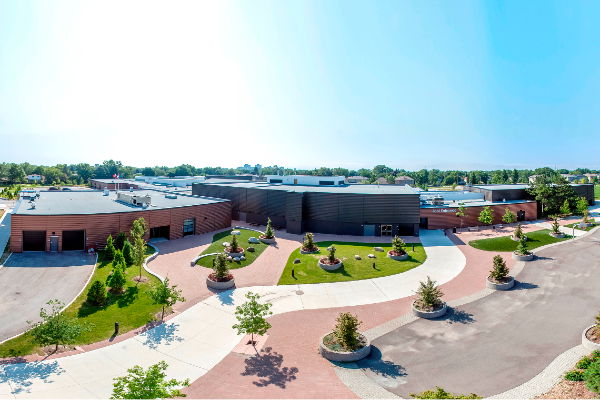You are viewing an archived event from a previous year.
Culture Days will return September 20 – October 13, 2024.
Images
QEPCCC Exhibition: Oakville's Black History
In-person
History & heritage Museum Self-guidedDate and time
This activity runs the duration of Culture Days.
Location
Bridge Road
Oakville, ON
Access
Free.
Offered in English.
Wheelchair accessible and has gender-neutral washrooms.
About
This exhibit was written and designed in the year 2000 by Deborah Hudson, former Curator of Collections, at the Oakville Museum. The aim of the exhibit was to provide a small reflection of the many African Americans whose families were integral to the development of Oakville as a community. The panels have been edited and redesigned several times over the years as new research becomes available.
Two major sources formed the basis of Ms. Hudson’s research: Hazel Chisholm Mathews’ 1953 book entitled “Oakville and the Sixteen: The History of an Ontario Port”; and the Alvin Duncan Heritage Collection. According to Ms. Hudson “Alvin Duncan, shared his personal knowledge, energy and generosity of spirit” which proved “essential to the continuing collection and sharing of information on Oakville’s African American heritage."
When the original research was being conducted, Oakville community newspapers were some of the only sources containing stories about Oakville citizens making them some of the only existing documentation pertaining to Oakville’s Black history. The information presented on these panels recall significant aspects and lessons in Canadian history which has provided a strong point of departure in the telling of “Oakville’s Black History”.
A network of routes and safe houses developed in the 1780s to help slaves find freedom. It became known as the Underground Railroad in the 1830s, although it was not a railway at all. Rather, railroad words were used as code: those helping to free the slaves were ‘conductors’ and the fleeing refugees were ‘passengers’. Safe places to stop and rest were ‘stations’ and they all had code names. Oakville was a station. Because of the secrecy required for its success, not much documentation of the Railroad exists. We don’t know how many slaves found freedom but some speculate that it was as many as 30,000. Some of the conductors and others associated with the railroad became famous for their efforts. Oakville’s Captain Robert Wilson helped hundreds of African Americans across Lake Ontario.
The Oakville Museum works in partnership with the Canadian Caribbean Association of Halton to promote and celebrate the heritage of Black Canadians in our community.
Links
Organizer
Town of Oakville
The Town of Oakville is located on Treaty 14 and 22 lands, the territory of the Mississaugas of the Credit First Nation, and traditional territory of the Huron-Wendat and the Haudenosaunee. Oakville is home to many different First Nations, Inuit and Métis peoples. A vibrant and impressive community within the Greater Toronto Area (GTA), the Town of Oakville is a beautiful lakeside town with a strong heritage, preserved and celebrated by residents and visitors alike. Since the 1800s, it has become one of the most coveted areas to live and work in Ontario with 225,000 residents calling Oakville home. The town offers all the advantages of a well-serviced urban centre with first-rate facilities and amenities, while also maintaining its small-town feel.
This event is part of a hub:

Queen Elizabeth Community and Cultural Centre
Queen Elizabeth park Community and Cultural Centre Oakville, ONThis one-of-a-kind facility features more than 144,000 square feet of activity space, making it one of the largest venues in Canada to house a diverse collection of artistic, cultural and active living program opportunities, and cultural or...
